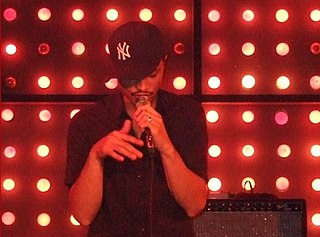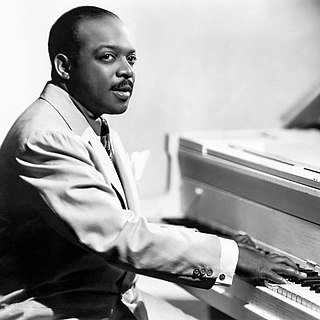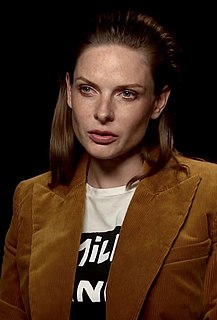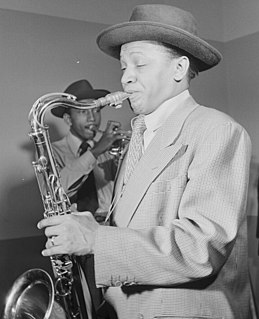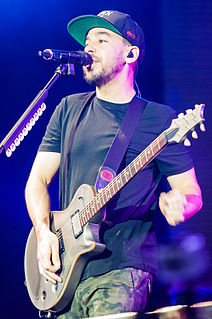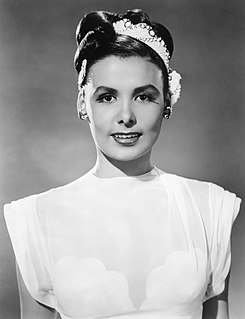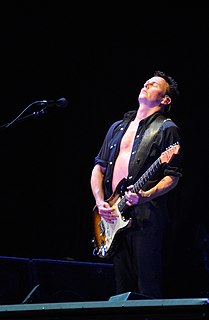A Quote by Jose James
I actually started the whole project some years ago with a live debut at Ancienne Belgique in Brussels. The focus was mainly on my favorite period of Billie Holiday, which was the late-50s Verve recordings, with essentially a small version of the Count Basie band.
Related Quotes
I feel like, in many ways, Billie Holiday's still very under-appreciated as an artist. People focus on her voice, and all of the very recognizable vocal things that she does, which are great. But I wanted to, with this project, start the conversation again about her as a radical feminist, as a civil rights activist - taking a stance. And also just [her] being a non-conformist.
My dad spent most of the '50s and early '60s actually acting as sort of an advance man for the Justice Department, as a civil rights lawyer. So it was actually reading his papers after he passed away a few years ago that first started me thinking about this... What fraction of your life do you spend in service to your fellow man?
I was reading an article with Stevie Ray Vaughan a long time ago, and the number '1959' stuck out to me for some reason. So I started searching those out as the band got more popular and I could actually afford one. And I found this one in Los Angeles. That's what introduced me to the whole world of 1959s.
